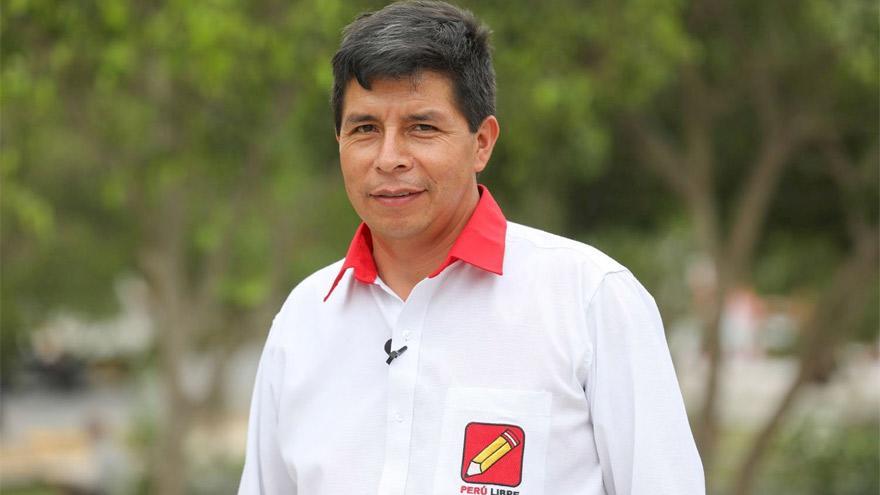RIO DE JANEIRO, BRAZIL – Peruvian presidential candidate Pedro Castillo (far-left) has slightly increased his lead to more than 6 points over Keiko Fujimori (authoritarian right), his rival in the second round, according to the latest poll published this Friday, May 21.
In the computation of valid votes, those that would be counted to determine the winner of the electoral contest, in the Datum poll published by the newspaper Perú 21, Castillo obtains 53.1 % against 46.8 % for Keiko Fujimori.

The study was carried out with 1,201 people between 18 and 70 years of age, of whom 45.5 % voted in favor of Castillo and 40.1 % in favor of Fujimori, while 9.1 % of the votes were blank and 5.3 % were void.
The survey, whose margin of error is 2.8 %, also showed that 78 % of Peruvians have already decided their vote, compared to 22 % who are still thinking about it and have not yet decided on either of the two options.
LIMA, KEIKO’S GREAT FIEFDOM
In terms of voting intentions, Castillo is a leader in the center and south of the country, where 70% and 64.6%, respectively, say they will vote for the candidate of the Peru Libre party, compared to Fujimori, who has 18.6% in the country middle and 24.8% in the south.
The daughter and political heiress of former president Alberto Fujimori (1990-2000) only clearly beat the teacher and union leader in the capital Lima, where she has 52.2% voter intention against Castillo’s 32.6%; in the north, she has a minimal advantage, within the statistical margin of error.
Regarding the reconciliation staged last week by Keiko Fujimori with her brother Kenji, whom in 2018 she expelled from her party and Congress for having led a dissident faction of congress members, 70% of Peruvians believe that it was a campaign strategy. Only 18% believe that this fraternal peace was real.
Keiko and Kenji made peace in a rally for the candidate presented by Fuerza Popular at a debate that Castillo did not attend; he had challenged her to debate in front of the jail where she recently spent 15 months in provisional prison in a meeting from which she later desisted and announced that she would never go.
In that sense, 45% of Peruvians considered that Castillo did not attend because he was “busy with his technical team and proposals”. In comparison, 40% thought that the leftist candidate did not dare to show his face, something he had done two weeks ago in an improvised debate between both in his native province of Chota.
“PLEBISCITE ON THE STATE MODEL”
This polarized election will determine the president who will govern Peru for the next five years (2021-2026) after taking office on July 28, the day on which the 200th anniversary of Peru’s independence is commemorated.
On Sunday, June 6, Peruvians will vote between Castillo’s reformism and Fujimori’s continuism, in a sort of plebiscite on the neoliberal economic model implemented by the right-wing candidate’s father in the 1993 Constitution.
Castillo seeks to replace Fujimori’s Constitution with one of a more social nature that would also allow the nationalization of natural resources, as he claims that the country’s accelerated economic growth in the last decades has not benefited everyone and has only favored a privileged few.
For her part, Keiko Fujimori’s strategy is to maintain the same foundations laid by her father, understanding that private investment will bring income and progress for all.
If Fujimori wins the presidency, she will avoid during her term a trial for corruption and money laundering crimes for which the prosecution, which has already completed its investigation, is asking for 30 years in prison.
She has also promised, if elected, to pardon her father, releasing him from the 25-year prison sentence he is serving for crimes against humanity.

